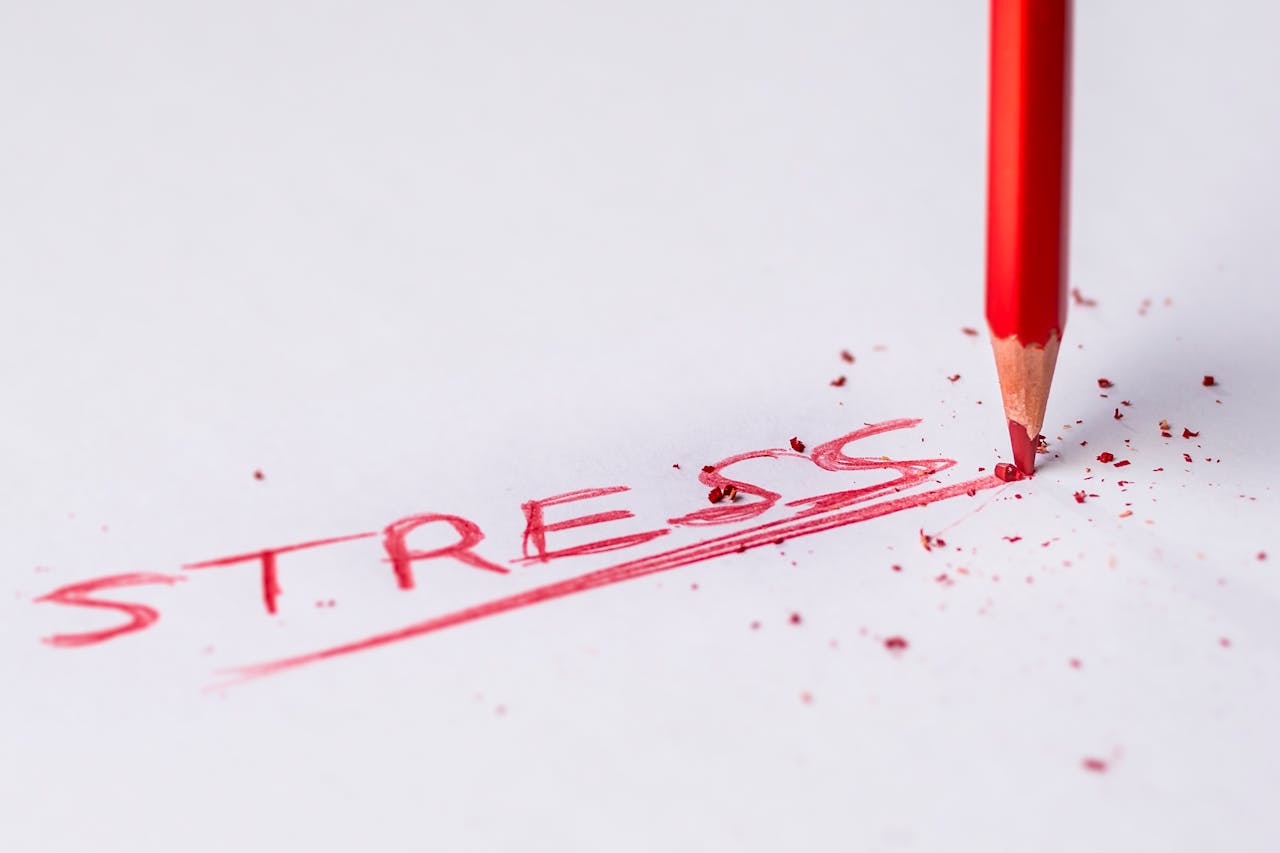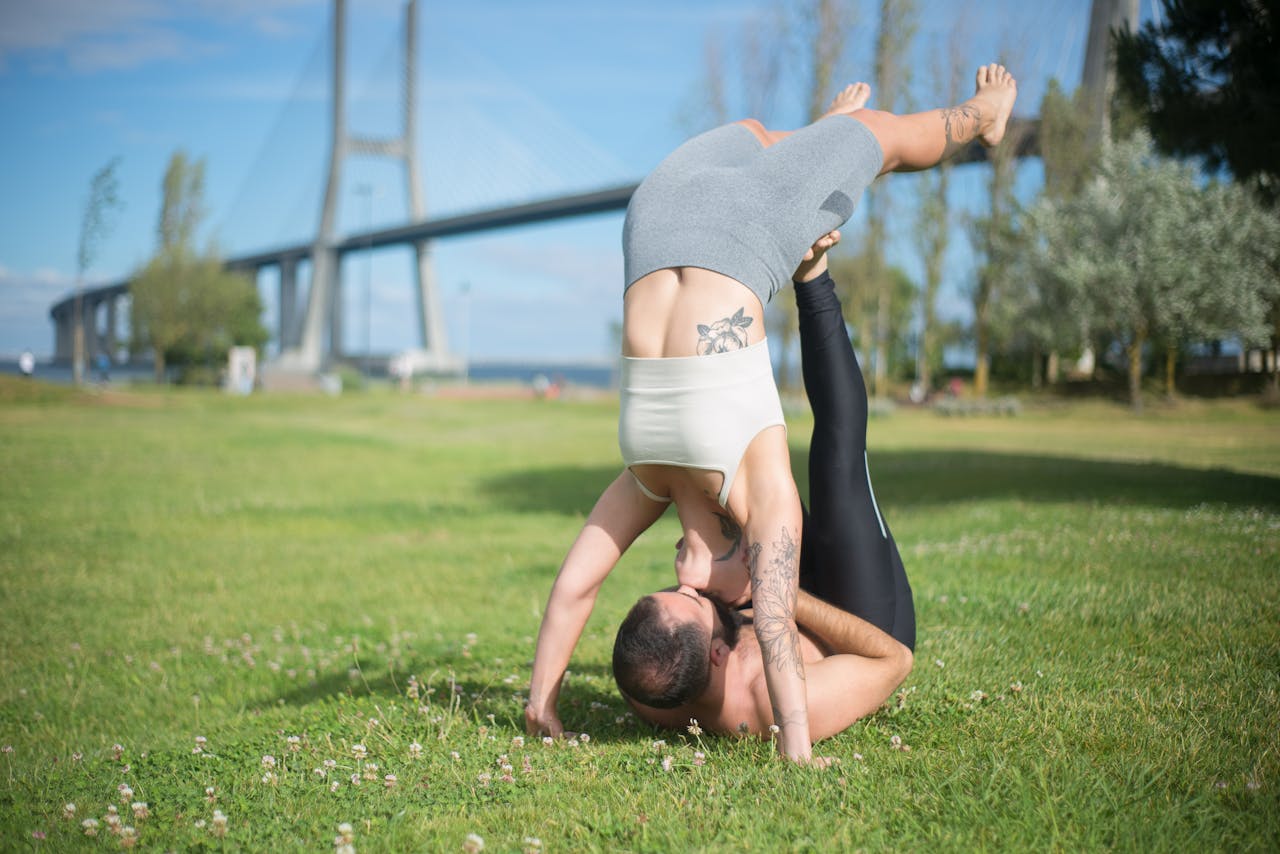-
Table of Contents
. Find your calm. Master your stress.
Introduction
Stress is an inevitable part of life, but chronic stress can have detrimental effects on our physical and mental well-being. Fortunately, there are numerous effective techniques to manage and alleviate stress, empowering us to live healthier and more fulfilling lives.
Mindfulness Meditation for Stress Reduction
In today’s fast-paced world, stress has become an unwelcome companion for many. The constant demands of work, relationships, and daily life can leave us feeling overwhelmed and depleted. Fortunately, there are effective strategies we can employ to manage stress and reclaim our well-being. One such powerful technique is mindfulness meditation, a practice that has gained increasing recognition for its ability to reduce stress and promote mental clarity.
Mindfulness meditation involves paying attention to the present moment without judgment. It encourages us to observe our thoughts, feelings, and bodily sensations with a sense of curiosity and acceptance. Rather than getting caught up in the whirlwind of our minds, we learn to simply notice what is happening within us and around us, allowing thoughts to pass by like clouds in the sky. This practice cultivates a state of non-reactivity, helping us to detach from the emotional turmoil that often accompanies stress.
The benefits of mindfulness meditation for stress reduction are well-documented. Studies have shown that regular practice can lower levels of the stress hormone cortisol, reduce anxiety symptoms, and improve our ability to cope with challenging situations. Moreover, mindfulness meditation can enhance our emotional regulation, enabling us to respond to stressors in a more balanced and constructive manner.
To begin practicing mindfulness meditation, find a quiet space where you can sit or lie down comfortably. Close your eyes gently and bring your attention to your breath. Notice the sensation of the air entering and leaving your nostrils, the rise and fall of your chest. As you focus on your breath, thoughts may arise. Acknowledge them without judgment and gently redirect your attention back to your breath.
Another helpful technique is to bring your awareness to bodily sensations. Notice any feelings of tension or discomfort in your body. Observe them without trying to change them, simply acknowledging their presence. You can also focus on sounds, sights, or smells in your environment, allowing yourself to fully experience them in the present moment.
Remember, mindfulness meditation is a skill that develops over time. Be patient with yourself and don’t get discouraged if your mind wanders. Simply notice when it does and gently guide your attention back to your chosen anchor, whether it’s your breath, bodily sensations, or external stimuli. With consistent practice, you’ll find that you become more adept at staying present and cultivating a sense of calm amidst the chaos of daily life.
Incorporating mindfulness meditation into your routine can be a transformative experience, empowering you to navigate stress with greater ease and resilience. It’s a gift you can give yourself, a practice that fosters inner peace and well-being.
Physical Activity as a Stress Buster
Stress is an inevitable part of modern life, a constant companion in our fast-paced world. It can manifest in various ways, from persistent anxiety to physical tension, impacting our well-being and overall quality of life. While there are numerous strategies for managing stress, one of the most effective and accessible is physical activity. Engaging in regular exercise offers a powerful antidote to the negative effects of stress, providing both immediate and long-term benefits.
Firstly, physical activity acts as a natural mood booster. When we exercise, our bodies release endorphins, which are neurochemicals that have mood-elevating and pain-reducing effects. This surge in endorphins can create a sense of euphoria and well-being, helping to counteract the feelings of stress and anxiety. Moreover, exercise can improve sleep quality, which is crucial for stress management. A good night’s sleep allows our bodies and minds to rest and recover, making us better equipped to handle daily stressors.
Furthermore, physical activity provides a healthy outlet for pent-up energy and tension. Stress often manifests as physical symptoms like muscle tightness and restlessness. Engaging in activities like running, swimming, or yoga can help release this tension, promoting relaxation and reducing physical discomfort. By channeling our energy into physical exertion, we can effectively manage the physiological effects of stress.
Beyond the immediate benefits, regular physical activity has a profound impact on our long-term stress resilience. Exercise strengthens our cardiovascular system, improves our immune function, and enhances our overall physical health. A healthy body is better equipped to cope with the demands of life, making us less susceptible to the negative effects of stress. Additionally, exercise can boost our self-esteem and confidence, empowering us to face challenges with greater resilience.
Incorporating physical activity into our daily routines doesn’t have to be daunting. Even moderate-intensity exercise, such as brisk walking or cycling, can provide significant stress-relief benefits. Finding activities we enjoy is key to making exercise a sustainable habit. Whether it’s joining a gym, taking a dance class, or simply going for a walk in nature, there are countless ways to move our bodies and reap the rewards of stress reduction.
Remember, prioritizing physical activity is an investment in our mental and emotional well-being. By making exercise a regular part of our lives, we can effectively manage stress, improve our mood, and cultivate a greater sense of resilience in the face of life’s challenges.
Healthy Habits for Effective Stress Management
Stress is an inevitable part of life, a natural response to challenging situations. However, when stress becomes chronic, it can have detrimental effects on our physical and mental well-being. Fortunately, there are numerous effective stress-relief techniques that can help us manage stress and promote overall health. One of the most fundamental strategies is mindfulness, which involves paying attention to the present moment without judgment. Practicing mindfulness through meditation, deep breathing exercises, or simply focusing on our senses can help calm the nervous system and reduce feelings of anxiety.
Another powerful technique is physical activity. Exercise releases endorphins, which have mood-boosting effects and can alleviate stress. Whether it’s a brisk walk, a yoga session, or a dance class, engaging in regular physical activity can significantly reduce stress levels. Furthermore, spending time in nature has been shown to have a calming and restorative effect. Studies have shown that exposure to natural environments can lower cortisol levels, the hormone associated with stress, and promote feelings of relaxation.
Social connection is also crucial for stress management. Strong social support networks provide a sense of belonging and can buffer against the negative impacts of stress. Connecting with loved ones, engaging in meaningful conversations, or participating in social activities can help alleviate feelings of loneliness and isolation, which can exacerbate stress. Additionally, engaging in hobbies and activities that bring us joy can provide a much-needed escape from stressors.
When stress becomes overwhelming, it’s important to seek professional help. Therapists can provide coping mechanisms, teach relaxation techniques, and help us address underlying issues that may be contributing to our stress. Cognitive-behavioral therapy (CBT), in particular, has been shown to be effective in managing stress and anxiety. CBT helps individuals identify and change negative thought patterns and behaviors that contribute to stress.
Incorporating these stress-relief techniques into our daily lives can empower us to manage stress effectively and improve our overall well-being. Remember, stress is a normal part of life, but it doesn’t have to control us. By prioritizing self-care, nurturing our relationships, and seeking support when needed, we can cultivate resilience and thrive even in the face of challenges.
Q&A
1. **What is a simple and effective stress-relief technique?**
Deep breathing exercises.
2. **How can exercise help with stress?**
Exercise releases endorphins, which have mood-boosting effects and can reduce stress hormones.
3. **What is mindfulness and how can it help with stress?**
Mindfulness is the practice of paying attention to the present moment without judgment. It can help reduce stress by calming the mind and promoting relaxation.
Conclusion
Effective stress-relief techniques are essential for maintaining overall well-being and navigating the demands of modern life. By incorporating a variety of strategies, such as mindfulness, exercise, relaxation techniques, and social support, individuals can proactively manage stress, reduce its negative impacts, and enhance their resilience. It is important to identify the techniques that work best for each person and to make them a regular part of their self-care routine.


